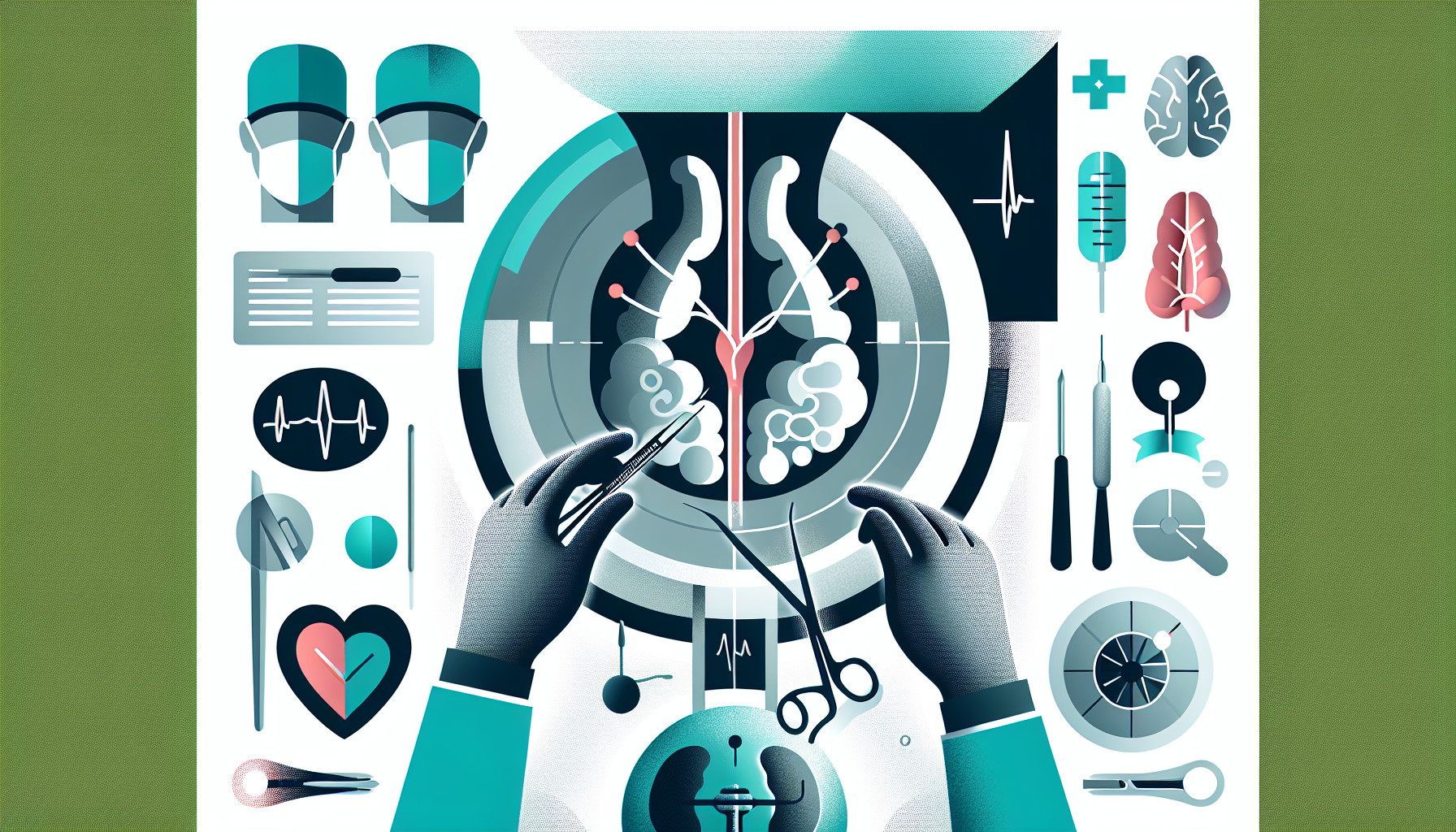Our Summary
This review looks at the best ways to prevent and reduce infections in men who are having penile implant surgery. Over the past ten years, there have been some great improvements in this field, especially with the introduction of implants coated in antibiotics. This has helped bring the rate of infections down to less than 0.5% in some cases. However, it seems that stronger bacteria are causing more infections. To tackle this, we need to come up with new strategies, like using new mixtures of antibiotics to clean, soak and coat the implants. We also need to keep researching to find out which patients are more likely to get infections and how to best use oral and injectable antibiotics. We could learn a lot from other types of surgery where permanent devices are implanted.
FAQs
- What advancements have been made in preventing infections in penile implant surgery over the past decade?
- What strategies are being considered to combat stronger bacteria causing infections in penile implant surgery?
- How can research from other types of surgery with permanent implants help in reducing infection rates in penile implant surgery?
Doctor’s Tip
One helpful tip a doctor might tell a patient about penile implant surgery is to closely follow all pre-operative instructions provided by the medical team. This may include steps to reduce the risk of infection, such as keeping the surgical area clean and avoiding certain activities in the days leading up to the procedure. Additionally, it is important for patients to diligently follow all post-operative care instructions, including proper wound care and taking any prescribed antibiotics as directed. By following these guidelines, patients can help reduce the risk of complications and promote a successful recovery.
Suitable For
Patients who are typically recommended penile implant surgery are those who have tried other treatments for erectile dysfunction, such as medications or vacuum devices, without success. Candidates for penile implant surgery may include:
- Men with severe erectile dysfunction that does not respond to other treatments
- Men who have had prostate cancer or other pelvic surgeries that have damaged the nerves or blood vessels involved in erections
- Men with Peyronie’s disease, a condition that causes curvature of the penis and can make erections painful
- Men with other medical conditions, such as diabetes, that make it difficult to achieve or maintain an erection
It is important for patients considering penile implant surgery to discuss their options with a urologist or other healthcare provider to determine if they are a good candidate for the procedure.
Timeline
Before penile implant surgery:
- Patient consults with a urologist to discuss treatment options for erectile dysfunction.
- Patient undergoes various tests and evaluations to determine if they are a suitable candidate for penile implant surgery.
- Patient receives counseling on the risks, benefits, and potential complications of the surgery.
- Patient makes a decision to proceed with penile implant surgery and schedules the procedure.
After penile implant surgery:
- Patient undergoes the surgical procedure to implant the penile prosthesis.
- Patient is monitored closely for any signs of infection or complications post-surgery.
- Patient may experience some discomfort, swelling, and bruising in the days following the surgery.
- Patient is instructed on how to care for the surgical site and manage any pain or discomfort.
- Patient follows up with their urologist for regular check-ups and to ensure proper healing of the implant.
- Patient begins to experience improved erectile function and satisfaction with the penile implant.
- Patient may need to make adjustments to their sexual activity and intimacy to accommodate the implant.
- Patient continues to follow up with their urologist for long-term care and monitoring of the penile implant.
What to Ask Your Doctor
Some questions a patient should ask their doctor about penile implant surgery include:
- What are the potential risks and complications associated with penile implant surgery?
- How long is the recovery process and what can I expect during the recovery period?
- What type of implant is best for me and why?
- How long will the implant last and what is the follow-up care required?
- What are the chances of infection after the surgery and how can I prevent it?
- What are the alternatives to penile implant surgery and why is this the best option for me?
- Will the implant affect my sexual function or sensation?
- How will the surgery impact my daily activities and lifestyle?
- What are the success rates of penile implant surgery and what are the factors that can affect the outcome?
- Are there any long-term complications or risks associated with the implant that I should be aware of?
Reference
Authors: Best JC, Clavijo RI. Journal: Curr Opin Urol. 2020 May;30(3):302-308. doi: 10.1097/MOU.0000000000000744. PMID: 32168195
